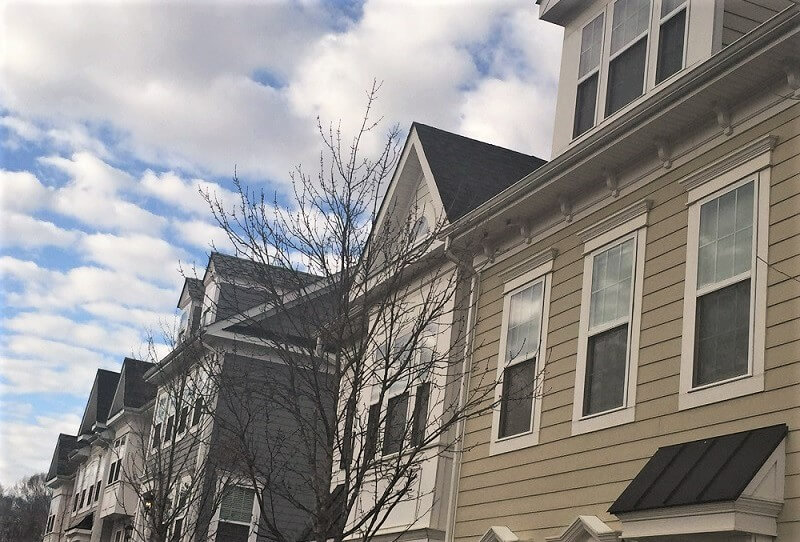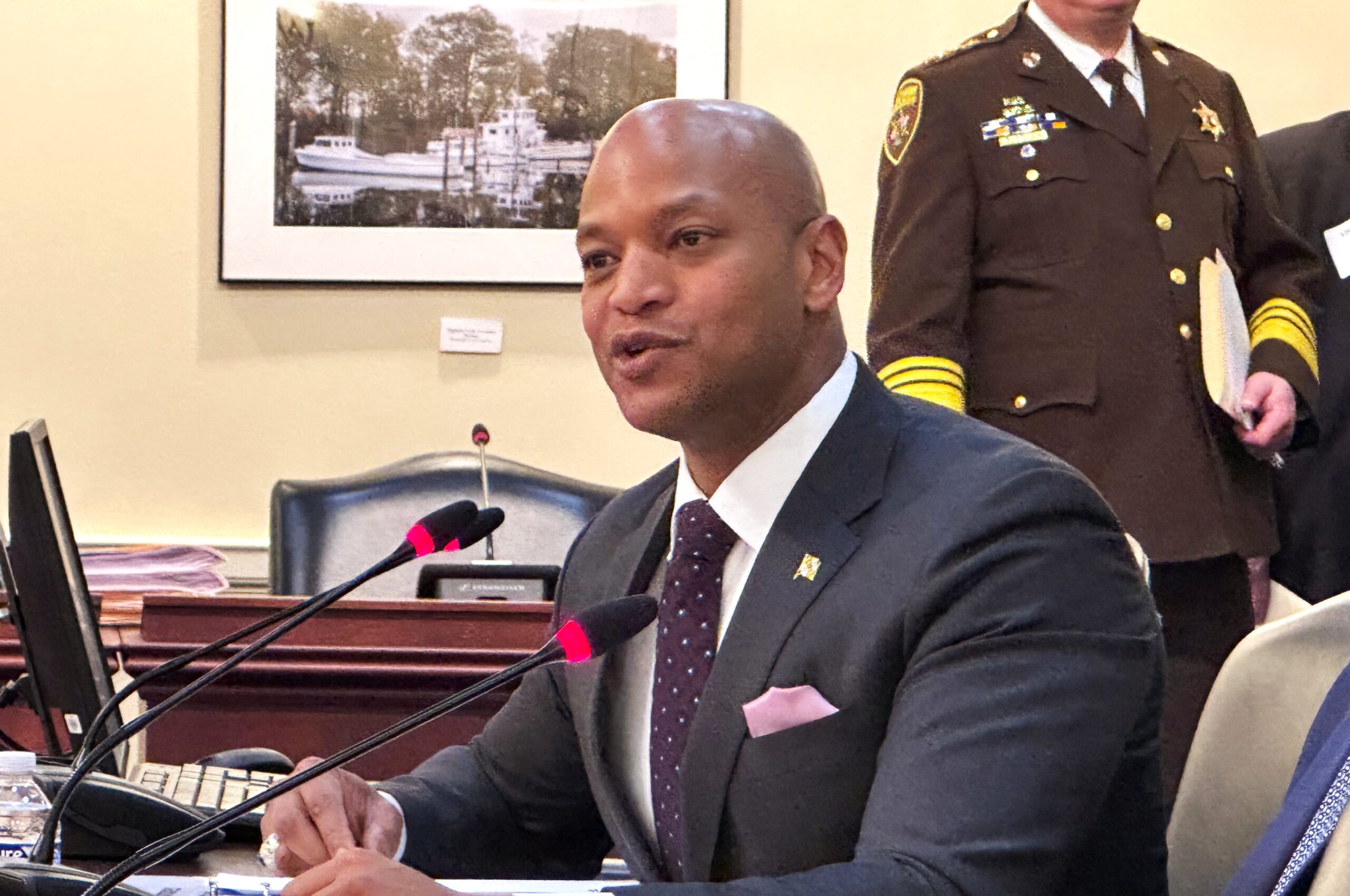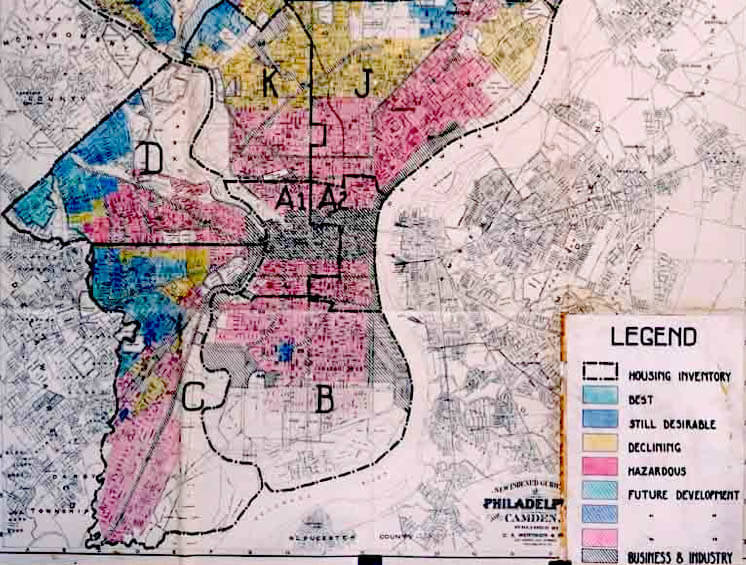Opinion: Maryland Needs a Housing Governor

Maryland is in the midst of a housing crisis.
According to statistics compiled by Maryland Realtors, the average sale price of a home in Maryland has increased 19% between 2020 and 2021. The National Equity Atlas estimates that there are approximately 99,000 Maryland families behind on rent with an estimated rent debt per household of $4,100.
A March 2021 housing survey conducted by the National Low Income Housing Coalition determined that Maryland has a deficit of 131,793 affordable rental units for extremely low-income households (30% or below area median income) with 32 available units for every 100 extremely low-income families. Maryland is ranked by NLIHC as having the eighth highest “housing wage,” which is the wage one would need to earn in order to afford a market rate unit.
Even beyond the immediate need to ensure people have adequate shelter, housing represents the greatest outlier against Maryland’s erstwhile progressive nature.
We have some of the highest performing and most well-funded schools in the country within 20 miles of those who struggle the most. Maryland is a leader on clean energy while failing to ensure people live close to where they work with adequate access to mass transit. Lawmakers in Annapolis have adopted broad civil rights protections for LGTBQ and racial minorities, yet our most vulnerable citizens cannot enjoy these protections if they can’t afford to live here.
The reason these contradictions are allowed to persist is that housing policy is delegated to the localities whereas environmental and social policy is set at the state level.
So, whereas Maryland lawmakers may be able to determine the need for more housing statewide, whether that housing is approved will often depend on the decision of city and county leaders.
As long as this system is allowed to persist, Maryland will lack a unified housing policy on par with problems addressed at the state level.
As the 2022 gubernatorial election approaches, Marylanders should expect candidates to present competent solutions to the housing crisis that are more than the bromides of homeownership and tax credits.
We will need a leader who can address the trifold housing policy prescriptions of supply (build housing), stability (protect renters) and subsidy (public investment in affordable units) necessary to pull our state out of this deepening crisis.
While the need for housing is not an innately left or right issue, progressive Democrats across the country have taken up the “Legalize Housing” banner to deconstruct barriers to equitable communities.
Although these initiatives are often cast as “abolishing the suburbs,” in practice, housing advocates have sought policies that expand access to diverse housing typologies in conventional single-family detached zones.
Similar positions have been touted by Democratic torchbearers the likes of U.S. Sens. Elizabeth Warren, Bernie Sanders and Amy Klobuchar.
The Biden administration has declared that “housing is infrastructure,” which would be a welcome acknowledgement from Maryland gubernatorial candidates. Like roads and schools, housing is necessary to accommodate population growth, create sustainable communities and build a strong economy.
Too often housing is treated as a luxury that localities will only “allow” if all other infrastructure needs are met. In doing so, local governments set our statewide housing policy in piecemeal based on the flawed premise that housing causes population growth.
Early messaging from the gubernatorial candidates have focused on the topics of education, climate change and racial equity. These are both perennial and emerging areas of focus for state Democrats, but it is yet to be seen whether any of these candidates will take a bold position on housing.
Housing and education are inextricably linked so long as school funding is predicated on property taxes. Housing produces racial equity by desegregating our communities and access to public resources. There is no more pressing environmental concern than ensuring people work and play closer to where they live.
Elected officials at the federal level are looking to address the obstacles to housing affordability by way of incentive grants, but for a wealthy state like Maryland it likely won’t be enough.
We will need a governor focused on expanding access to housing in high opportunity areas, reexamining local rule as an obstacle to housing growth, and committed to the construction of new units funded by the state.
This is the only means to achieve real socioeconomic equity and environmental sustainability. Until the candidates acknowledge as much, they’re creating a liberal enclave for the rich.
–TOM COALE
The writer (@hocorising) is a land use and zoning attorney in Ellicott City. He sits on the board of directors for the Baltimore Regional Housing Partnership.





 Creative Commons Attribution
Creative Commons Attribution